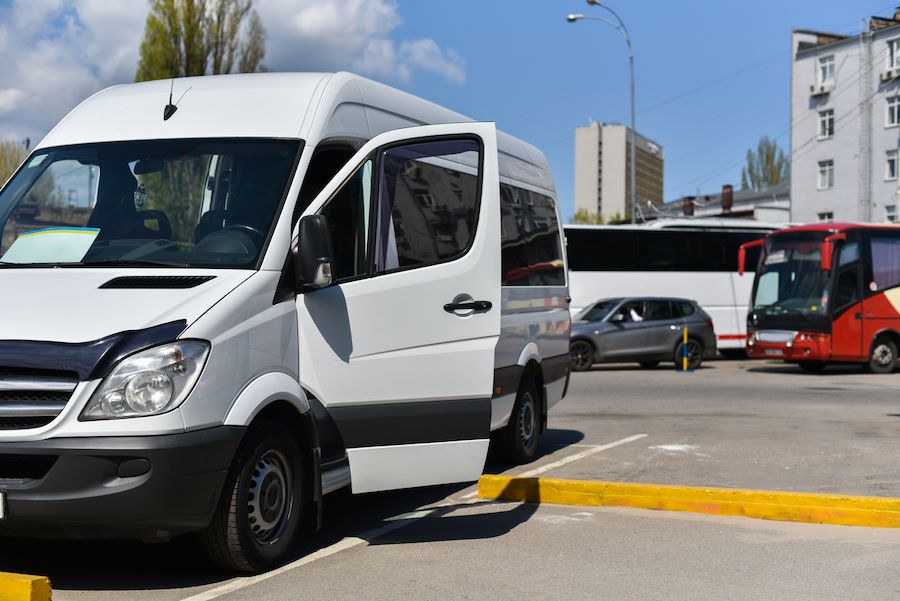Industries
Technology & Innovations
Semi Trucks
Logistics
Lease & Maintenance
Buy Used Trucks

Today’s supply chain is in the midst of a major shift, with a new focus on quick, efficient localized deliveries. What started as a reaction to the pandemic, this volatility has increased due to a massive influx of imports since early 2019, with over $2.1T in goods flooding U.S. terminals and ports, which were already at or above capacity. Because 65% of consumers want products made in their own country, it’s no surprise that nearly three-quarters of companies are looking into nearshoring and plan to build factories closer to home.
This trend towards localized supply hubs has increased demand for smaller, regional delivery systems, raising the profile of light- and medium-duty trucks and shrinking demand for traditional Class 8 vehicles. Add to that a continued labor shortage in the industry—firms were down approximately 80,500 drivers in 2021 and may be behind by 162,000 by 2030—and you have an opening for wider adoption of smaller classes of trucks.
We’ll walk through the benefits of light- and medium-duty trucks in today’s evolving supply chain.
Versatility
Light- and medium-duty commercial trucks are designed for localized, efficient deliveries, with numerous advantages that make them versatile and easily adaptable for the current supply chain:
Vehicles that allow businesses to adapt to today’s constantly shifting dynamics are essential for delivering your goods on time and on budget.
Appealing to potential drivers
A lack of qualified drivers tops the list of challenges facing the trucking industry. Nearly half of industry leaders list labor shortages as a top three concern. A standard commercial driver's license (CDL) has fairly strict requirements for operating a heavy-duty Class 8 (weighing over 26,000 pounds) vehicle, making it even more difficult to locate qualified candidates.
Light- and medium-duty trucks, cargo vans, and refrigerated box trucks provide a workaround to this particular problem. Licensing requirements open up the job to a wider pool of candidates. It also shortens the amount of time needed to onboard new drivers.
Lower rent or leasing cost
While there are advantages to owning your own fleet of vehicles, leasing or renting commercial vehicles can reduce the amount of upfront investment needed to get out on the road. Leading transportation solution providers like Ryder offer a range of flexible leasing and rental options. These include:
A rental or leasing solution offers the above benefits, and they mitigate several risks: exceeding your maintenance budget, lacking the vehicles you need, or sending non-compliant drivers onto the roads. You can sleep soundly knowing that someone’s monitoring this.